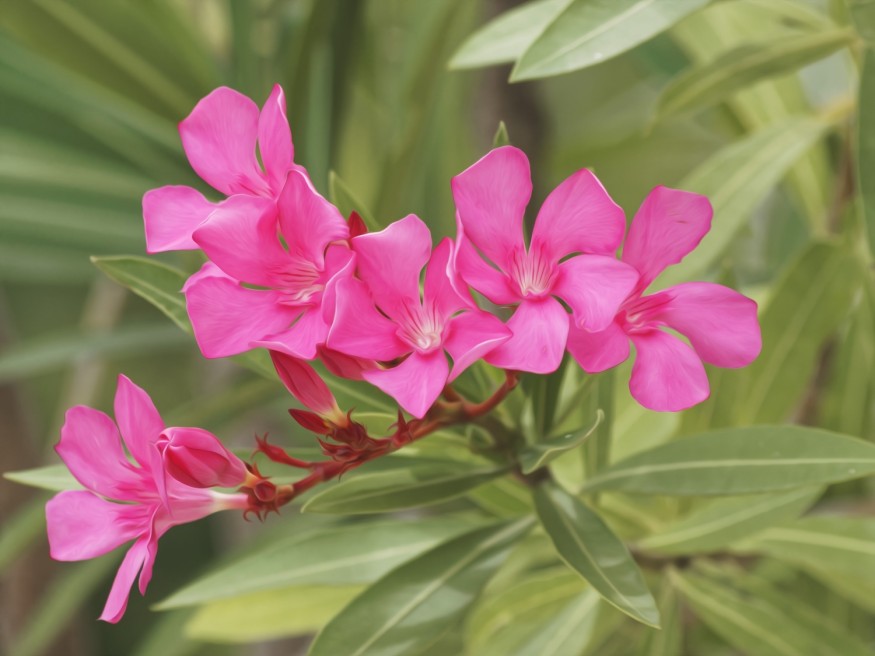The race for a COVID-19 vaccine or even a cure continues with more than a hundred still undergoing development and testing. On August 11, Russia announced that they have finally made the world's first COVID-19 vaccine.
But some experts question its effectiveness and safety as the drug's developer has yet to release the full details of the vaccine development and the issue that it skipped some critical steps in vaccine development.

Plants as COVID-19 Cure
Plants as COVID-19 Cure
The number of COVID-19 cases is continuously going up in the US, and across the world, that is why experts have prioritized looking for new therapies to fight the deadly virus. Some even considered using plants as an option for their research.
Many cultures have used medicinal plants as a cure for various diseases. There are about 374,000 plant species that humans have used as medicine.
However, it does not mean that something as natural as a plant is safe. There are still precautions needed to be considered before they are eaten or used as a medicine as many of these species' chemical makeup may cause harm rather than cure.
At this time, it is vital to consider which plants can be used as a cure and which can only cause harm. But recently, there have been reports that a deadly toxin chemical found in the oleander plant is being touted as a COVID-19 cure.
READ: Russia's COVID-19 Vaccine Becomes the First Regulated Vaccine in the World
Oleandrin is Not a COVID-19 Cure
Nerium oleander is a rapidly growing evergreen considered to be highly toxic from the Apocynaceae family native to Europe and Asia. Although it looks beautiful as an ornamental plant, this Mediterranean shrub has caused countless accidental poisoning instances around the world.
All of its parts are toxic, and if eaten, it may cause cardiac arrhythmias and can be lethal to animals and humans.
The chemical from the oleander is called the oleandrin, which causes the plant's toxicity. Known as a cardiac glucoside, oleandrin belongs to a class of organic compounds that exhibit powerful effects on the heart, which can have deadly consequences.
According to a pre-print article online, oleandrin can reduce the production of SARS-CoV-2, the virus which causes COVId-19. However, the paper did not take into account the toxicity of oleandrin when consumed by an animal or human.
Cassandra Quave, an assistant professor of dermatology and human health at Emory University, said that consumers might misinterpret the results of the paper and might self-medicate using the rather poisonous plant.
Moreover, Quave is concerned that some dietary supplement companies might try to take advantage of the public's fear of the pandemic by producing medicines or supplements containing the harmful plant chemical.
She also said that although there might be many dangerous plant extracts, using oleander is particularly alarming as ingesting any part of it may lead to serious health problems or even death.
There is also no published evidence that it is safe to consume oleandrin or the plant where it comes from. The Food and Drug Administration's role in regulating such medicines and supplements is now more crucial than ever to protect public health.
Check out more news and information on Medicine and Health on Science Times.










